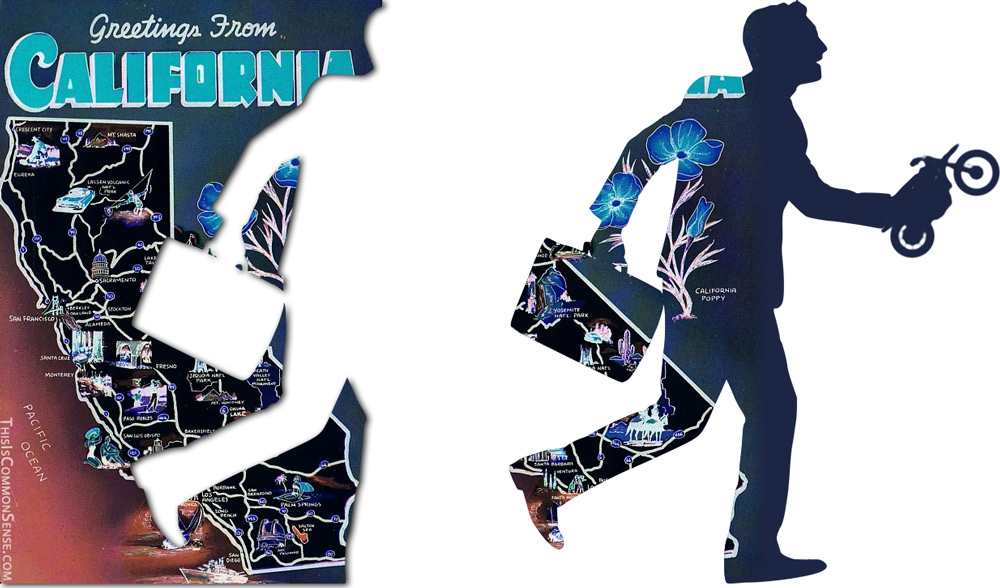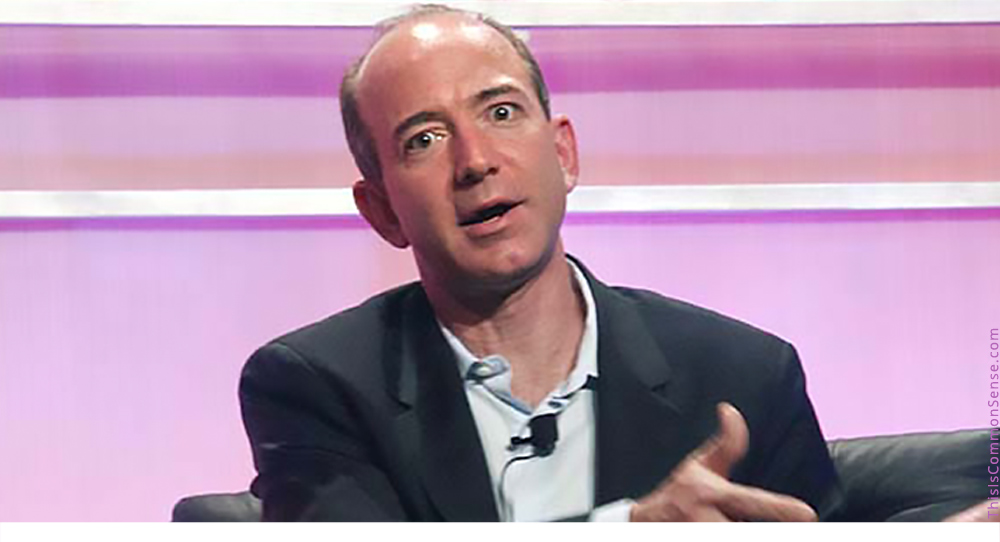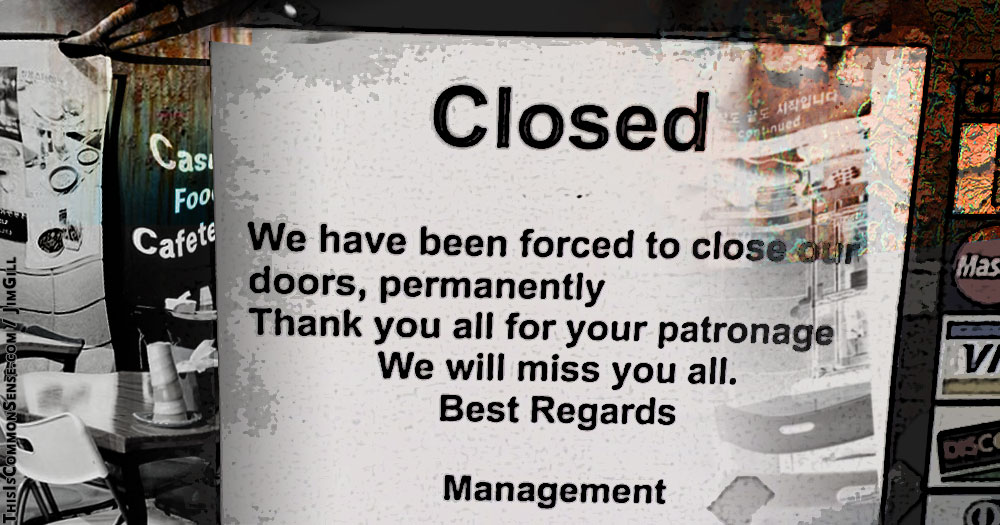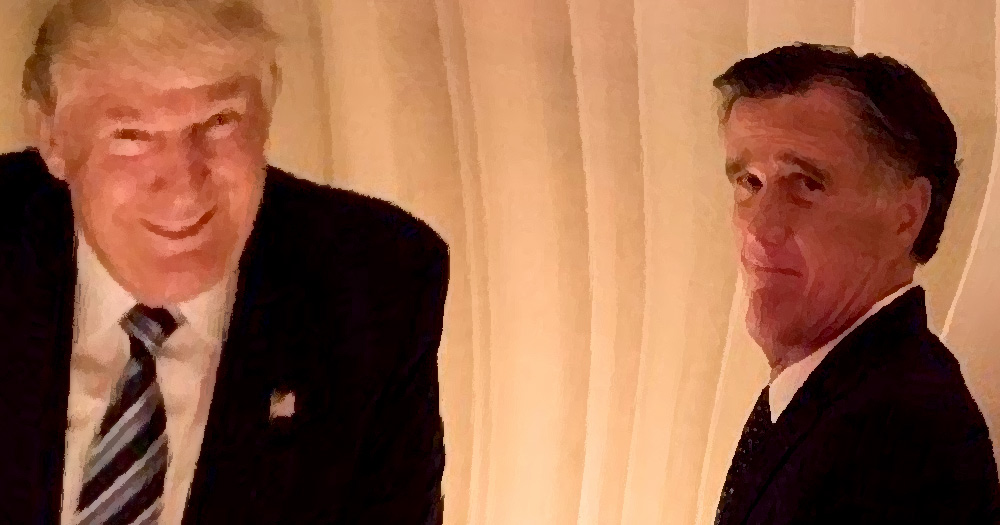“California is the place you oughta be” — or so sang Jerry Scoggins for The Beverly Hillbillies. That may still hold true, if you are an oil millionaire retiring to a pleasant climate.
But if you are trying to make your fortune, the direction is outbound.
Take, for example, the case of Yamaha Motor USA.
The company’s big bike sales — motorcycles 500cc and up — went way down during the last dozen months, 19 percent. And since Yamaha’s operations are in California, hits to revenue like that intersect alarmingly with ongoing hits to the cost of doing business.
Which explains the decision to move the company to “just outside of Atlanta, Georgia,” as reported by Jensen Beeler in Asphalt & Rubber.
“It should be an obvious statement that California is an expensive place to operate a business,” Beeler explains. “The state isn’t known as being a tax haven for corporations, the property values are high, which means buildings are expensive, and the standard of living for Los Angeles is one of the highest in America, which means that employees have to be paid a premium as well.”
And Beeler’s report does not even mention the state’s regulatory burden.
Problem? Southern California is “where the bulk of the motorcycle industry resides,” and Yamaha will face some difficulty being so distant from its industry’s major talent pool.* But there are a few automotive and motorcycle companies in Georgia, so Yamaha is not alone.
Indeed, if politicians continue to wreak havoc on their business sector, the Golden State bike industry will lose more than just Yamaha.
This is Common Sense. I’m Paul Jacob.
* The company will keep “a small cadre of Yamaha employees” behind in Cypress, California, focusing on testing and racing.
Illustration by JGill (running silhouette from Max Pixel)











